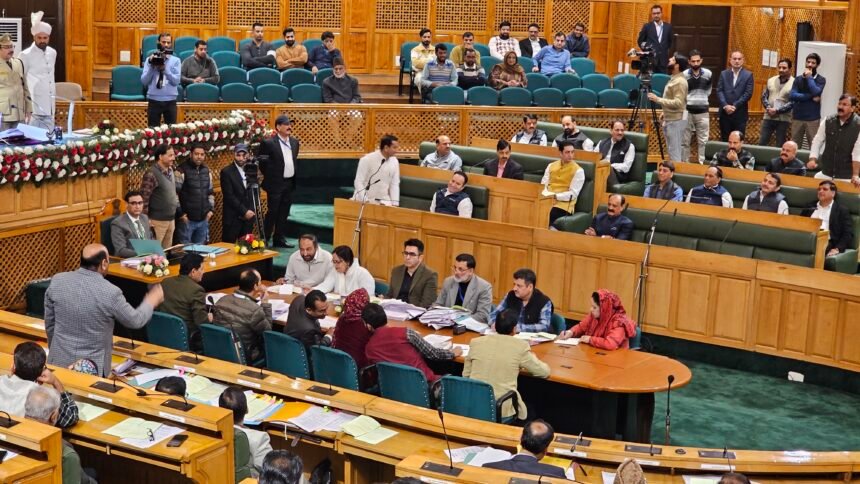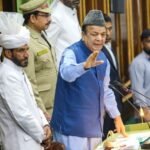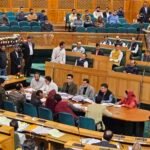By Asif Iqbal Naik
Srinagar/Jammu, October 27:
In a significant social welfare initiative aimed at empowering marginalized communities, the Government of Jammu and Kashmir (J&K) has relaxed the minimum educational qualification requirement under the Marriage Assistance Scheme for Poor Girls. The decision, issued through Government Order No. 245-JK(SWD) of 2025, has been sanctioned by the Social Welfare Department and will come into effect from April 1, 2025.
Background and Key Changes
The Marriage Assistance Scheme for Poor Girls was launched to provide financial aid to girls from economically weaker sections to support their marriage expenses. Until now, applicants were required to have a minimum educational qualification of 8th Class pass or equivalent. However, acknowledging that many girls from underprivileged and remote areas are unable to continue formal schooling due to economic hardships, the government has decided to waive this qualification condition.
As per the new order:
• The educational qualification requirement has been relaxed for eligible girls applying under the scheme.
• The relaxation will remain in force up to March 31, 2028.
• The change applies to the provisions of Government Order No. 49-JK(SWD) of 2022.
The move, which received concurrence from the Finance Department and approval from the Council of Ministers, reflects the government’s resolve to make welfare schemes more inclusive, accessible, and responsive to ground realities.
Implementation and Procedure
The order, issued by Sarmad Hafeez, IAS, Commissioner Secretary to the Government, Social Welfare Department, specifies that a detailed procedure for implementation — including the handling of applications earlier rejected or left unprocessed due to the educational qualification bar — will be provided in Annexure ‘B’ of the order.
District Social Welfare Officers (DSWOs) and other implementing agencies have been directed to ensure that eligible beneficiaries are identified and assisted promptly, and that no deserving case is left out due to procedural or documentary constraints. The government aims to streamline disbursement mechanisms, ensuring transparency and timely release of funds to beneficiaries.
Broader Implications
The relaxation is expected to have far-reaching socio-economic implications, particularly for rural and backward regions of Jammu and Kashmir where female literacy levels remain comparatively low. By removing educational barriers, the government seeks to extend the benefits of the Marriage Assistance Scheme to a larger pool of deserving girls, especially from economically disadvantaged families who often face multiple layers of deprivation.
Officials and social activists have welcomed the move, calling it a progressive step that aligns with the principles of social justice and gender equity. The policy not only eases the financial strain on poor families but also symbolizes the administration’s commitment to inclusive development and women’s welfare.
Circulation and Notification
The government order has been circulated widely to all key offices, including the Financial Commissioners, the Lieutenant Governor’s Secretariat, and all Principal and Administrative Secretaries, for immediate compliance and publication in the J&K Government Gazette.
The relaxation, effective for a period of three years, is expected to bring relief to thousands of poor families across the Union Territory, reinforcing the administration’s goal of extending social welfare benefits to the most vulnerable segments of society.









